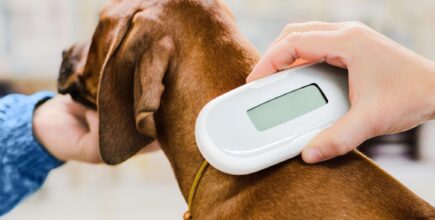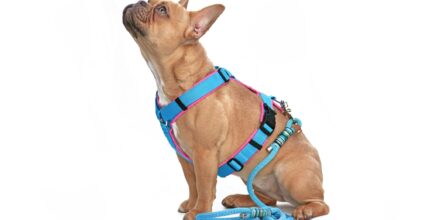When it comes to keeping your beloved dog safe, understanding the impact of pesticides on their health is key. This blog is here to guide you through the necessary steps to ensure that your pet remains happy and healthy, despite the challenges posed by common pesticides found in and around our homes. If you have concerns or need more detailed information, our team at Bayshore Veterinary Hospital in Holmdel, NJ, is always ready to assist. Give us a call at (732) 671-3110 to chat more or to schedule an appointment. The Risks of Pesticides to Dogs Pesticides are chemicals used
Read More
Signs of Cat Kidney Disease
When it comes to your beloved cat, knowing the early signs of kidney disease can make a big difference in their health and quality of life. Kidney disease is a common issue in cats, especially as they age. This blog aims to shed light on the signs of cat kidney disease, helping you understand when it might be time to reach out for professional help. If any of the signs mentioned here seem familiar, or if you’re concerned about your cat’s health, our team at Bayshore Veterinary Hospital in Holmdel, NJ, is here to assist. Feel free to give us
Read More
Benefits of Microchipping Your Pet
When it comes to keeping your pet safe and ensuring they can always find their way back to you, microchipping is a powerful tool in your arsenal. This blog post will dive into the world of pet microchipping, exploring its many benefits and how it can provide peace of mind for you as a pet owner. If you have questions or wish to schedule a microchipping appointment, Bayshore Veterinary Hospital in Holmdel, NJ, is here to help. Give us a call at (732) 671-3110 to learn more or to set up a visit. What is Microchipping and How Does It
Read More
What Kind of Harness Should I Get for My Dog?
Choosing the right harness for your dog is more than just picking a design you like; it’s about comfort, safety, and control during your walks together. This blog is here to guide you through the process of selecting the perfect harness for your canine companion. We know how important it is for your dog to have a harness that fits well and suits their needs, whether they’re a tiny terrier or a large Labrador. If you need more advice or wish to book an appointment, the friendly team at Bayshore Veterinary Hospital in Holmdel, NJ, is always ready to help.
Read More
- «Previous Page
- 1
- 2
- 3
- 4
- 5
- 6
- …
- 24
- Next Page»




